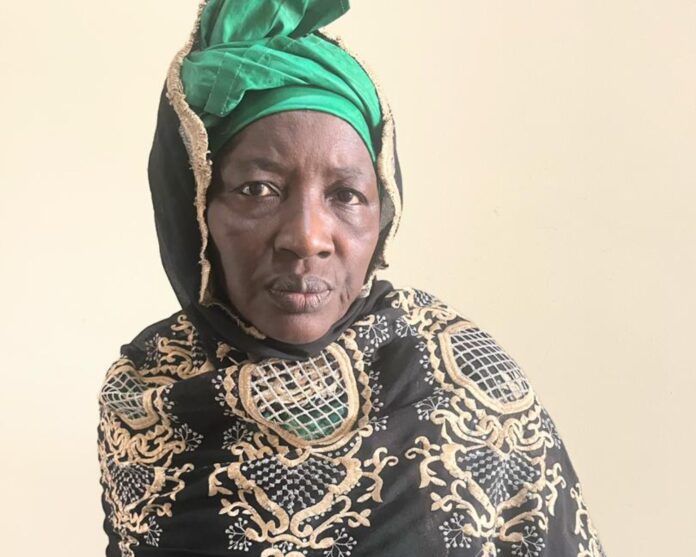By: Alieu Jallow
On November 11, 1994, the dawn of a nightmare unfolded following the brutal execution of soldiers who were allegedly involved in a foiled coup against the army junta of Yahya Jammeh, just a few months after he came to power. This date is now etched in the memories of countless Gambians, with few survivors still battling the trauma as the years have rolled by. The echoes of that fateful day continue to resonate deeply among the survivors and the families of the victims, who recount it as one of the darkest chapters of their lives.
In an exclusive interview with The Fatu Network, Isatou Marong, the widow of the late Sergeant Basiru Camara, described her husband’s disappearance as the most challenging part of her life. She shared how she walked alone and in secrecy, searching for her husband from every corner of The Gambia to Casamance, filled with fear and agony. She emphasized that she had to remain unmarried for nearly a decade as she tried to heal from the trauma.
“I went through a lot in life after I lost Sgt. Camara. I had to stay for years without being married, until Yahya Jammeh left The Gambia. It was then that I was lucky enough to remarry. But November 11 is a very hard day to recall, as we lived in fear, especially when you are searching for your missing loved one.”
Madam Marong outlined that the trauma she endured will forever linger in her mind until she joins her late husband. She also urged the government to speed up the justice process to ensure redress for the victims’ families.
“The government should act quickly to serve us justice, as some of the perpetrators are still walking free in town. We deserve to know why our loved ones were taken and finally find relief.”
Omar Camara, a former medic in The Gambia National Army, described the day as “the worst in his life.” He explained that the so-called coup was meant to eliminate a cross-section of the people in the army, most especially the professionals. Camara asserts that he endured all sorts of horrific tortures and was later shot in the hip by Peter Singhateh.
“I was arrested, and all sorts of torture you can imagine were inflicted on me. I was shot in the hip by Peter Singhateh. Life has been very difficult for me since then. I’m with my family, but I can’t do much for my life as I’ve been jobless since the incident occurred,” he said.
Camara lamented that he was jailed for nine years, enduring intense torture, and was later dismissed from the army by the regime. He also alleged that the government hasn’t done enough to support victims in terms of reparations.
“The little compensation they gave us was not enough. They have been offering excuses and stories that are hard to comprehend. They should consider the victims and their families, as there are no jobs. They need to look into the matter so that people who are struggling can have something to sustain their families,” he said.
The victims are urging the government to take concrete steps to address their plight as they reflect on that fateful day when they were subjected to inhumane treatment, living with the trauma for over three decades.




